Nationals show their hand on net-zero: big bucks for the bush
The Nationals want billion-dollar investments in renewable energy for regions and new powers halting climate change action if rural communities suffer economic hardship.
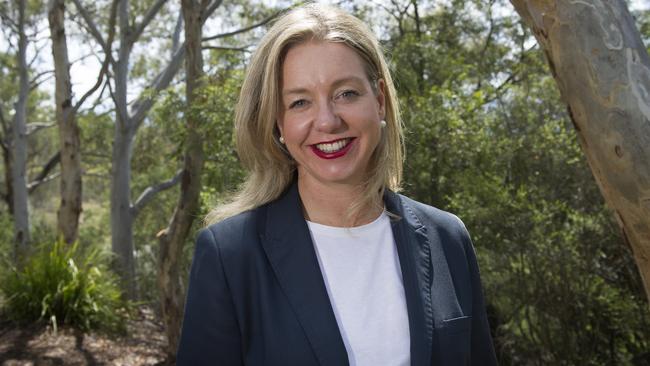
The Nationals are pushing for multibillion-dollar investments in renewable energy technologies to be spent in the regions and new powers halting ambitious climate change action if rural communities suffer economic hardship.
As Scott Morrison and Nationals leader Barnaby Joyce commence formal negotiations this week on a long-term emissions reduction package ahead of the UN climate change conference in Glasgow, Nationals MPs are divided over backing a net zero emissions by 2050 target.
Nationals Senate leader Bridget McKenzie on Monday will outline a proposal for any net zero emissions commitment to be accompanied by new laws allowing the nation to hit the “pause button” if climate targets negatively impact regional Australia.
Writing in The Australian, Senator McKenzie said a legislated regional socio-economic impact assessment mechanism would “permanently monitor and review the impacts of Australia’s emissions reduction strategies on regional Australia”.
The independent assessment process would occur every five years “in line with existing international processes”.
“We want that net zero economic impact guaranteed. One mechanism to help future-proof regional jobs in a Glasgow pledge is the insertion of caveats that protect the regions. This would allow Australia to say to the world, we would make our contribution but if it negatively impacts on our regional communities, we have the right as a sovereign nation to hit the pause button,” she said.
“Under the 2015 Paris Agreement, signatories can set non-binding, conditional national plans called Nationally Determined Contributions highlighting their climate actions, policies and aims.”
The Regionalisation Minister, who accepts that global capital markets, technological innovation, the geo-strategic landscape and action from large developing nations have shifted, said the mechanism would enable Australia to “conditionally tie emissions reductions to positive regional socio-economic outcomes”.
“If these outcomes were not being achieved, Australia would pause the rollout of its climate plan. For many MPs, this will be the most far-reaching policy decision of their careers, which is why it has been such a divisive political issue for so long,” she said. “This is not about getting us to the next election – this is about what happens to our people between now and 2050 and beyond.
“One benefit of belonging to a century-old political party is that we see the consequences of previous generations’ decisions.
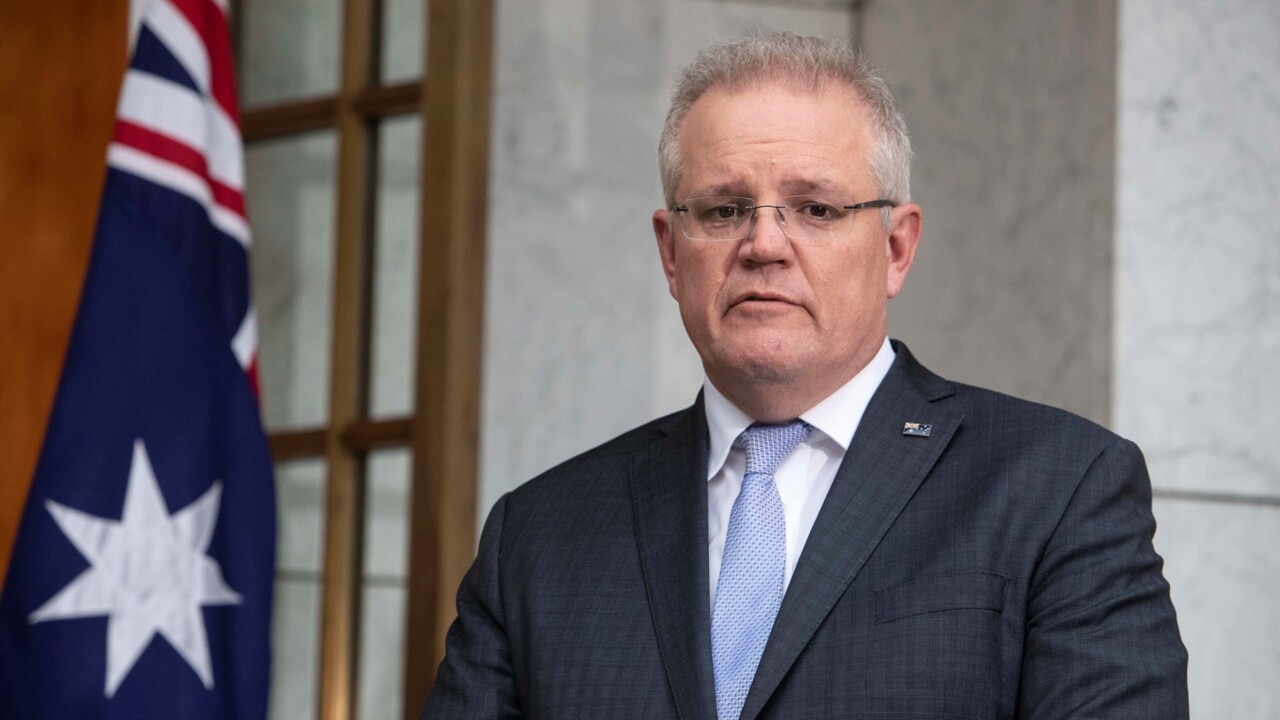
“The brutal truth is that unless it is mandated that the technology road map will be actually delivered in the regions, it is meaningless.”
The Prime Minister is expected to present the Liberals’ climate change plan to Mr Joyce mid-week, before a final decision is landed ahead of the COP26 summit. The Nationals partyroom is due to meet next Monday for a briefing on Coalition negotiations.
Moderate Liberal MPs on Sunday endorsed the Business Council of Australia’s ambitious blueprint to reach net-zero emission by 2050, although none backed the lobby group’s 2030 target to lower emissions by between 46 to 50 per cent.
Privately, Liberal MPs say the BCA’s 2030 target is too high for the government to countenance, believing a target of about 35 per cent would be more likely.
The Australian understands the BCA consulted with moderate Liberals while compiling its report, including attending a briefing at Parliament House in June chaired by Wentworth MP Dave Sharma and North Sydney MP Trent Zimmerman.
Mr Sharma said the BCA report showed Australia needed to “get on board or get left behind” as the world decarbonised.
“It demonstrates the level of business buy-in to the inevitability of this transition, and showcases how Australia can gain a competitive advantage in new technologies and export industries,” he said.
Queensland LNP MP Warren Entsch said the government should increase its target to lower emissions by 26-28 per cent of 2005 levels by 2030. “What it is showing us is that the business and the agricultural and the mining sector are ahead of us in their aspirations. I think it would be smart for us to look very closely and see if we can work with them and do it together,” he said.
Liberal moderates Katie Allen and Jason Falinski welcomed the BCA’s report and greater ambition for Australia’s 2030 emissions reduction target.
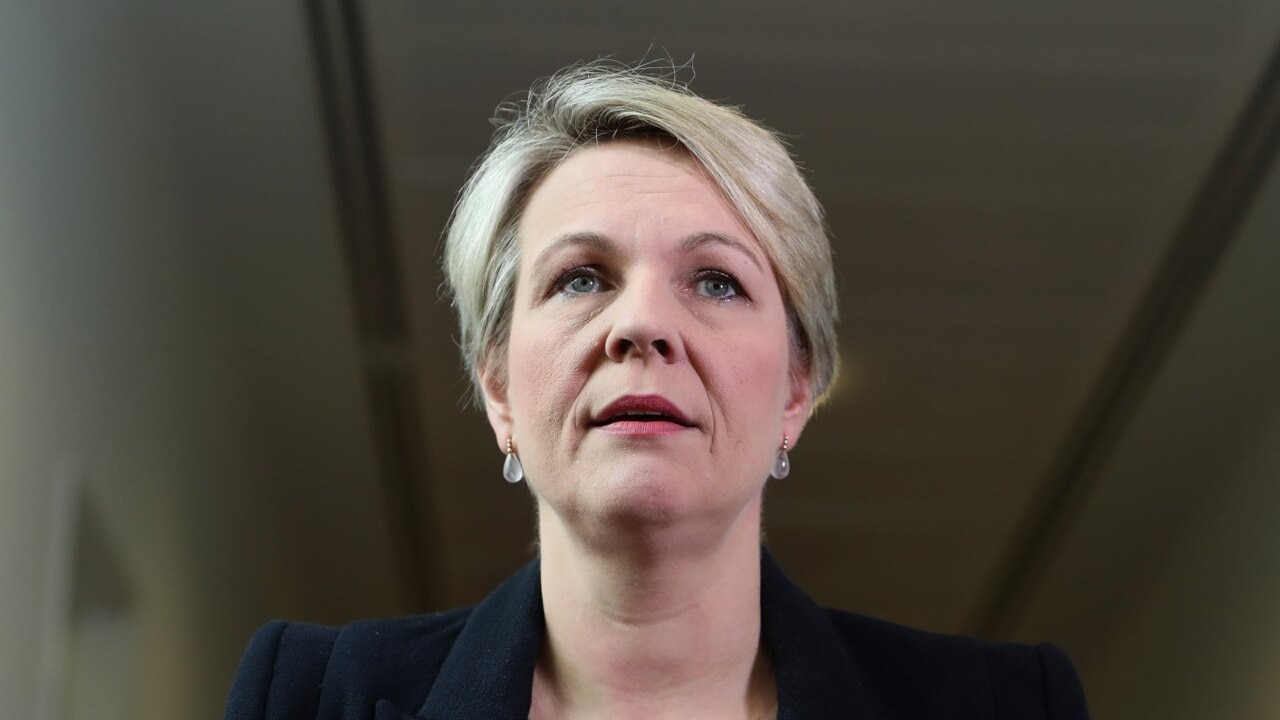
Mr Joyce described the BCA’s modelling as “credit card economics … a desire now and a hope you can pay later. When you pay in cash, however, you are always more cautious.
“Modelling can be a euphemistic guess but here is some actual reports, from today, reports about what is actually happening … because of the reality that renewables which they thought would fill the void was wrong, that the modelling they had which predicted stability and prosperity was wrong and now chaos reins, and winter grows colder in Europe.”
Mr Joyce said as a “supplier of fossil fuels, Australia can be a massive beneficiary of what currently is the northern hemisphere energy crisis”.
“As they head off to Glasgow, it’s going to be rather colder than expected. The participants in the Glasgow conference would be well advised to keep their cure for climate issues away from the residents of Carntyne West and Haghill, who are managing whether they heat or eat,” he said.
Former Nationals leader Michael McCormack, who is pushing for the party to be open to a net-zero by 2050 target, said the BCA’s 2030 target was “a big ask”.
“Big business will always be OK because big business has the capacity to absorb costs far more so than small business,” he said.
“There is a lot of talk about climate in the media at the moment, and I understand that, but out on the streets people are not discussing this. It is not the bread and butter issue mainstream Australian families … are discussing.”
Energy Minister Angus Taylor will use a speech on Monday to say gas-fired power was required to help “bring more renewable energy into the mix without risking grid stability”.
Flagging the government was close to releasing Australia’s gas infrastructure priorities out until 2040, Mr Taylor will press the importance of avoiding a European scenario and the “economic and human cost of getting it wrong”.
“The UK’s energy crisis has literally stopped industry in its tracks. Jobs are uncertain, production of critical outputs has been paused, bills have skyrocketed. Around 42 per cent of the UK’s energy consumption in 2020 was from gas, and half of the UK’s electricity is from gas-fired power stations,” he will say in the speech.
“The energy supply squeeze in Europe shows the significance of gas scarcity on their manufacturing industries, and the economy more broadly. We realise that without action to address supply, industry, households and manufacturers will be faced with higher prices, disruptions in supply and unplanned outages.”
More Coverage
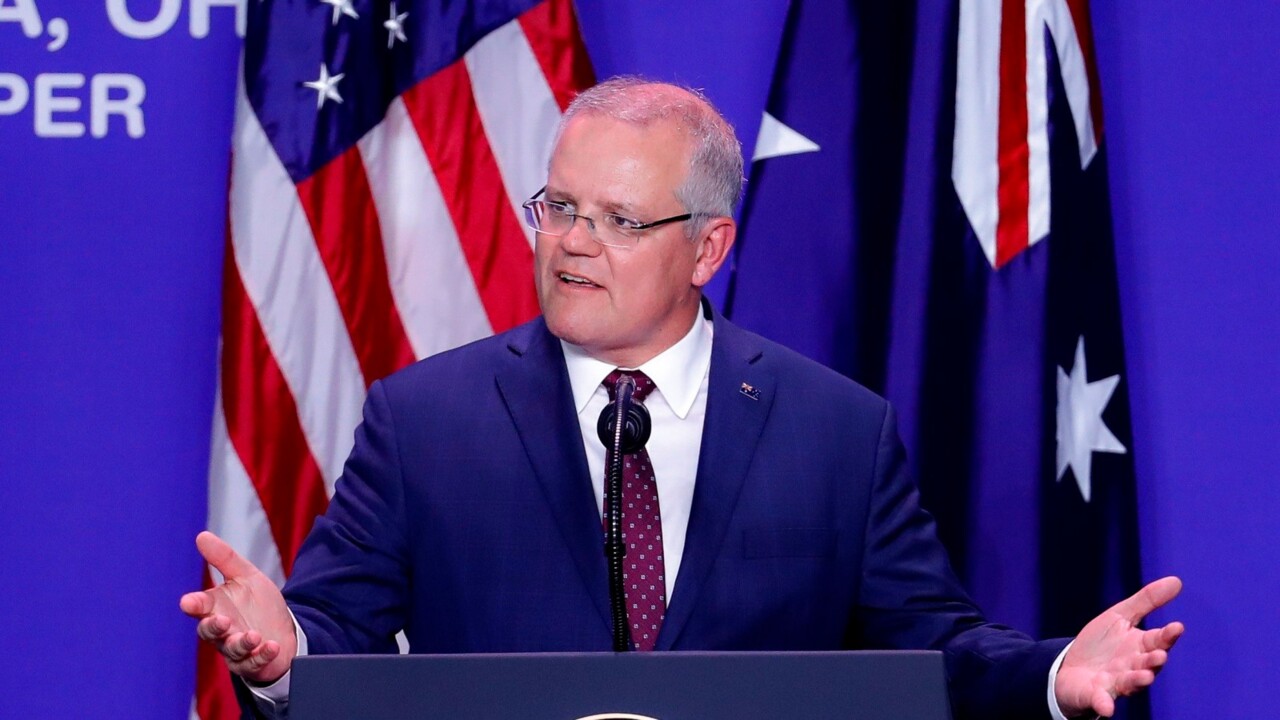

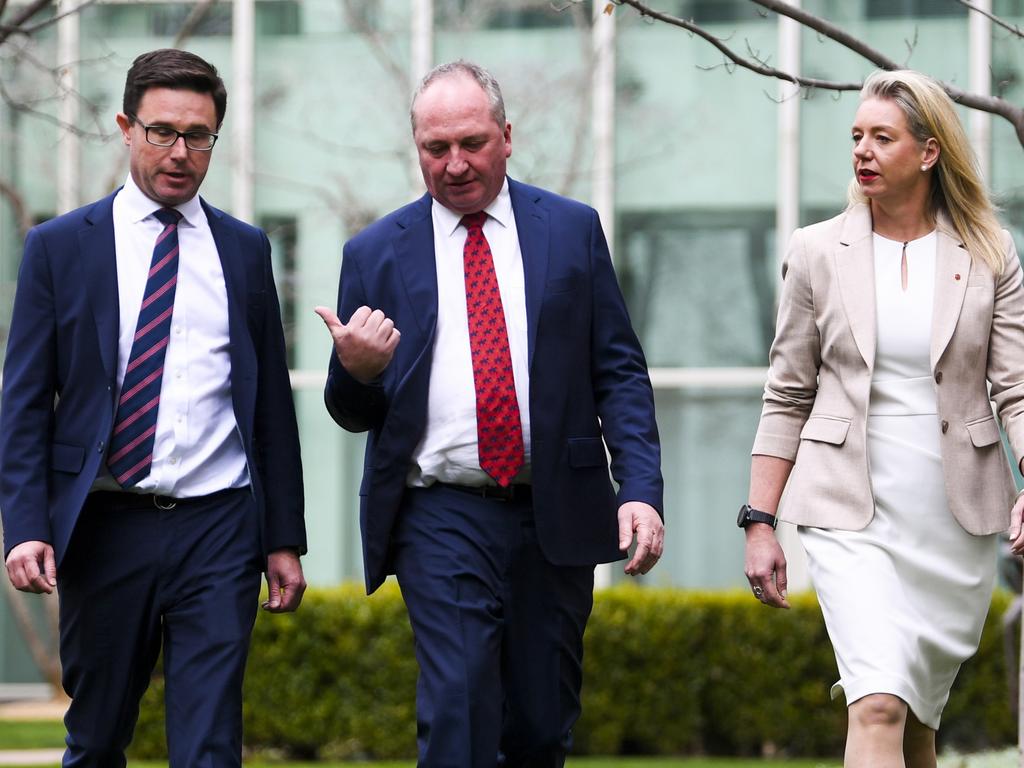


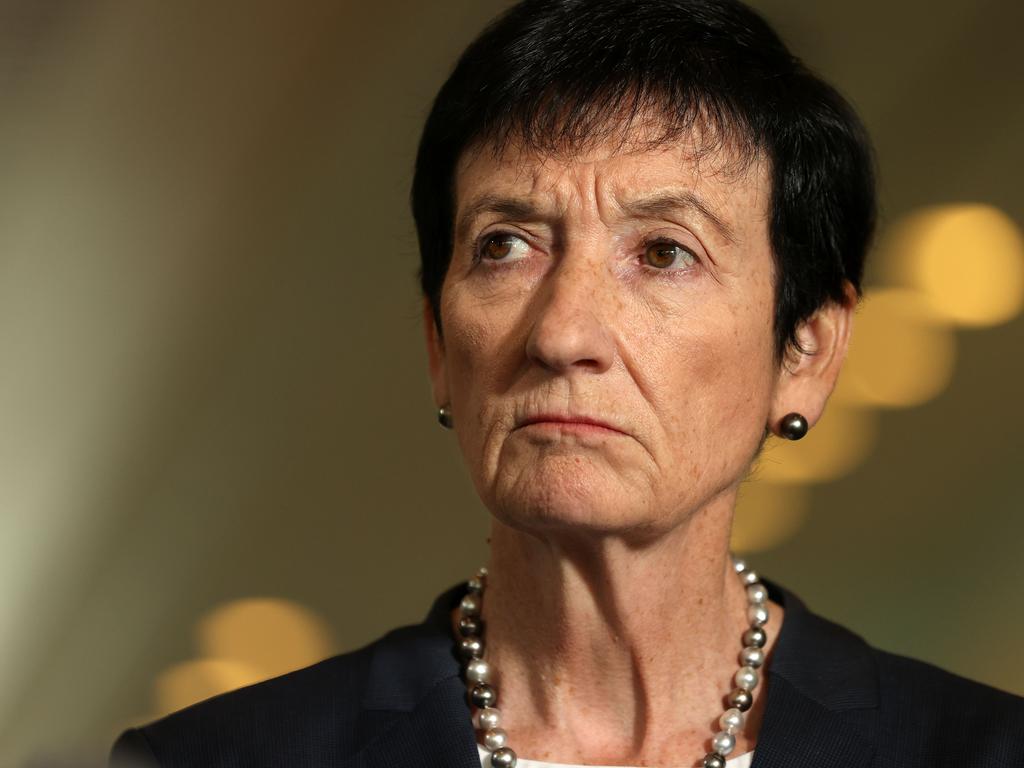
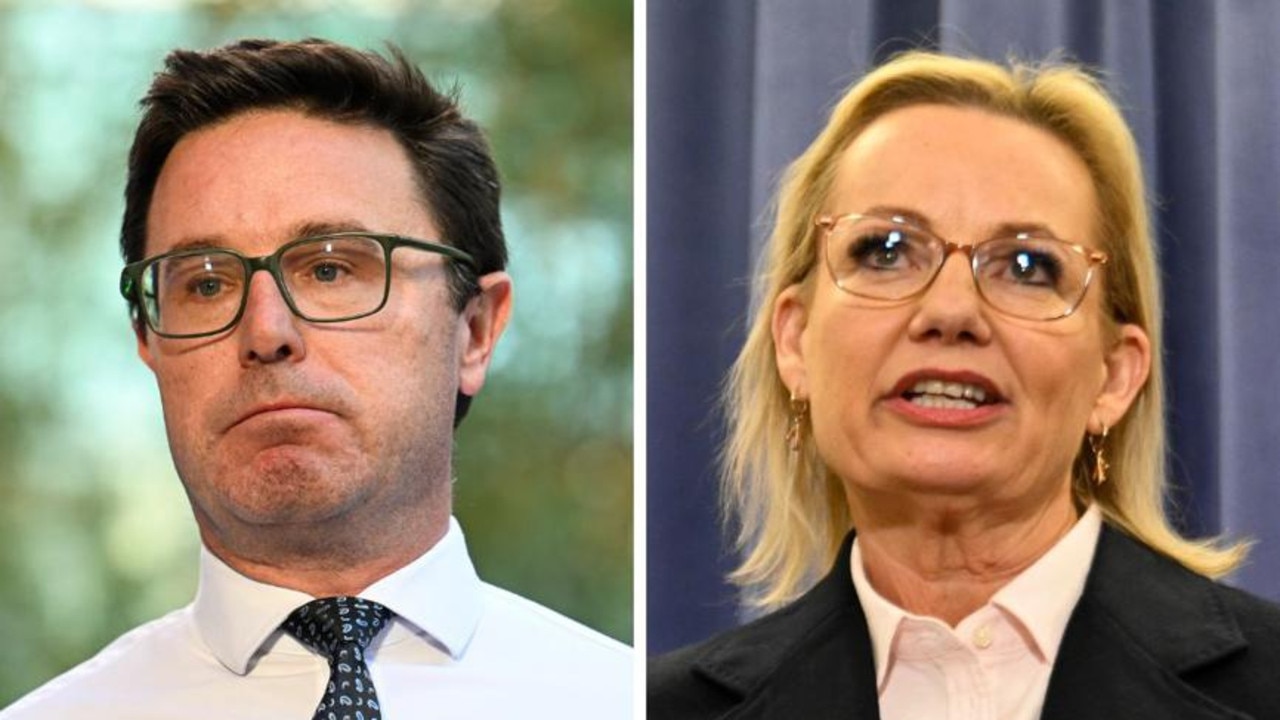

To join the conversation, please log in. Don't have an account? Register
Join the conversation, you are commenting as Logout